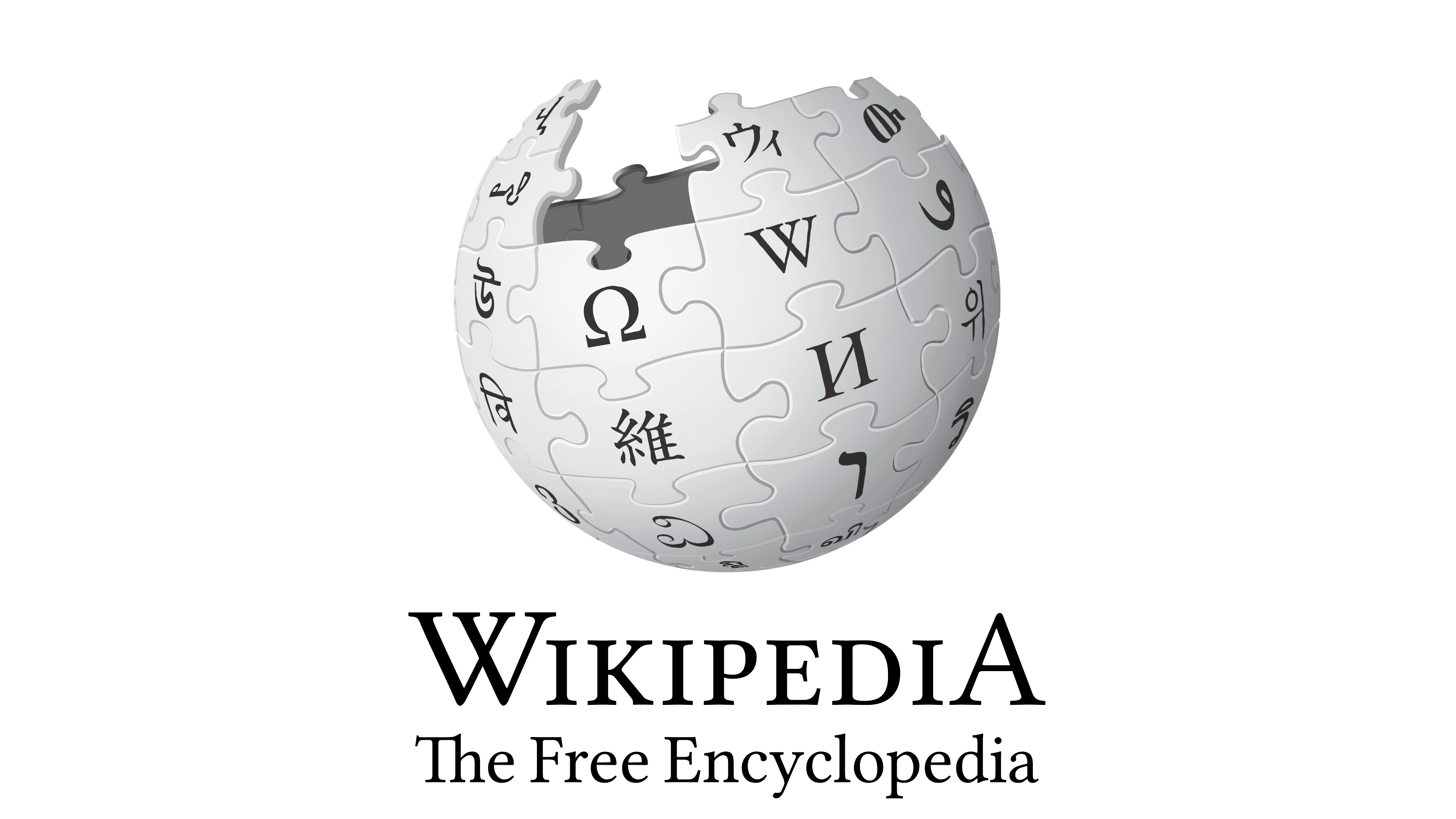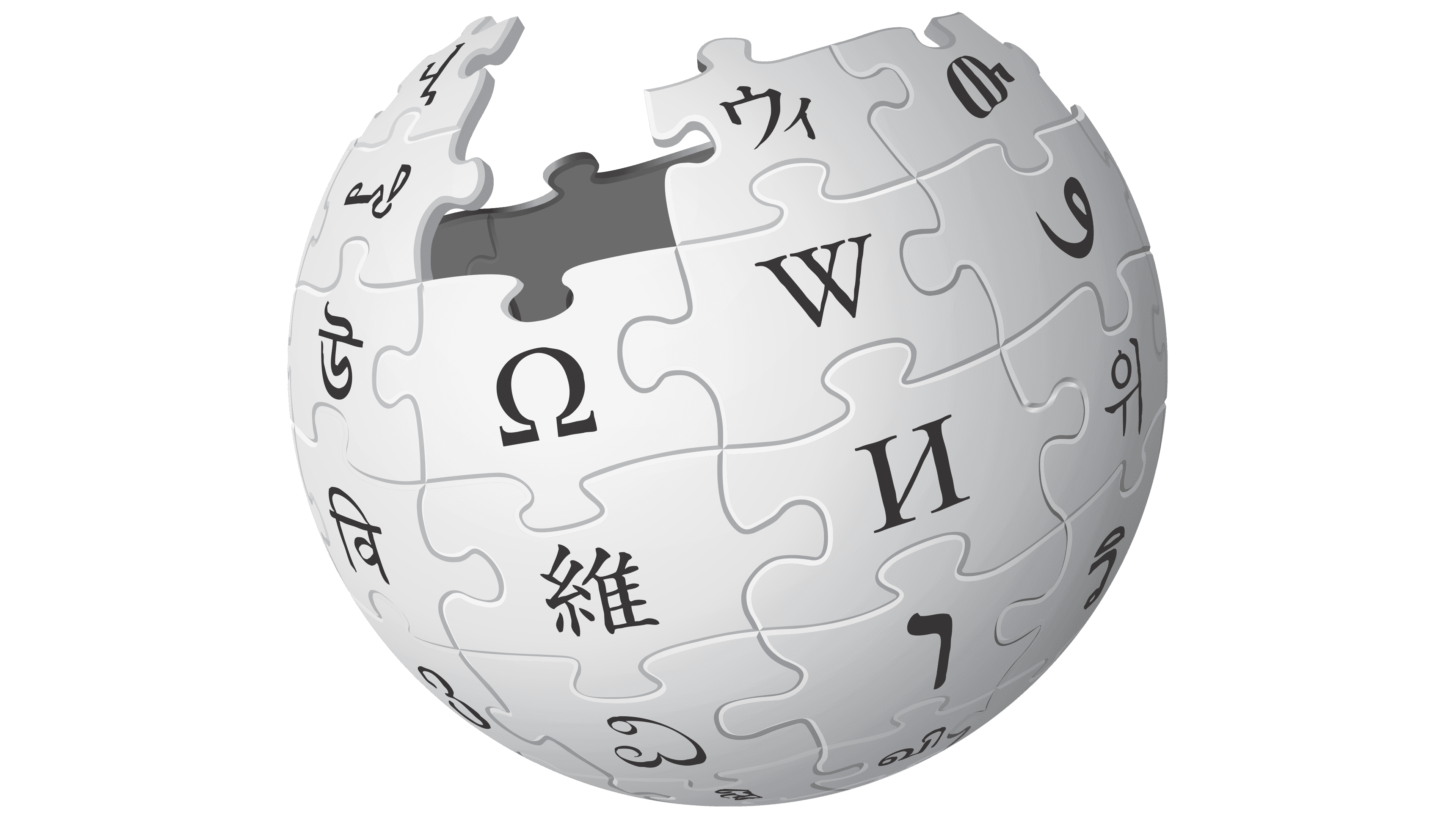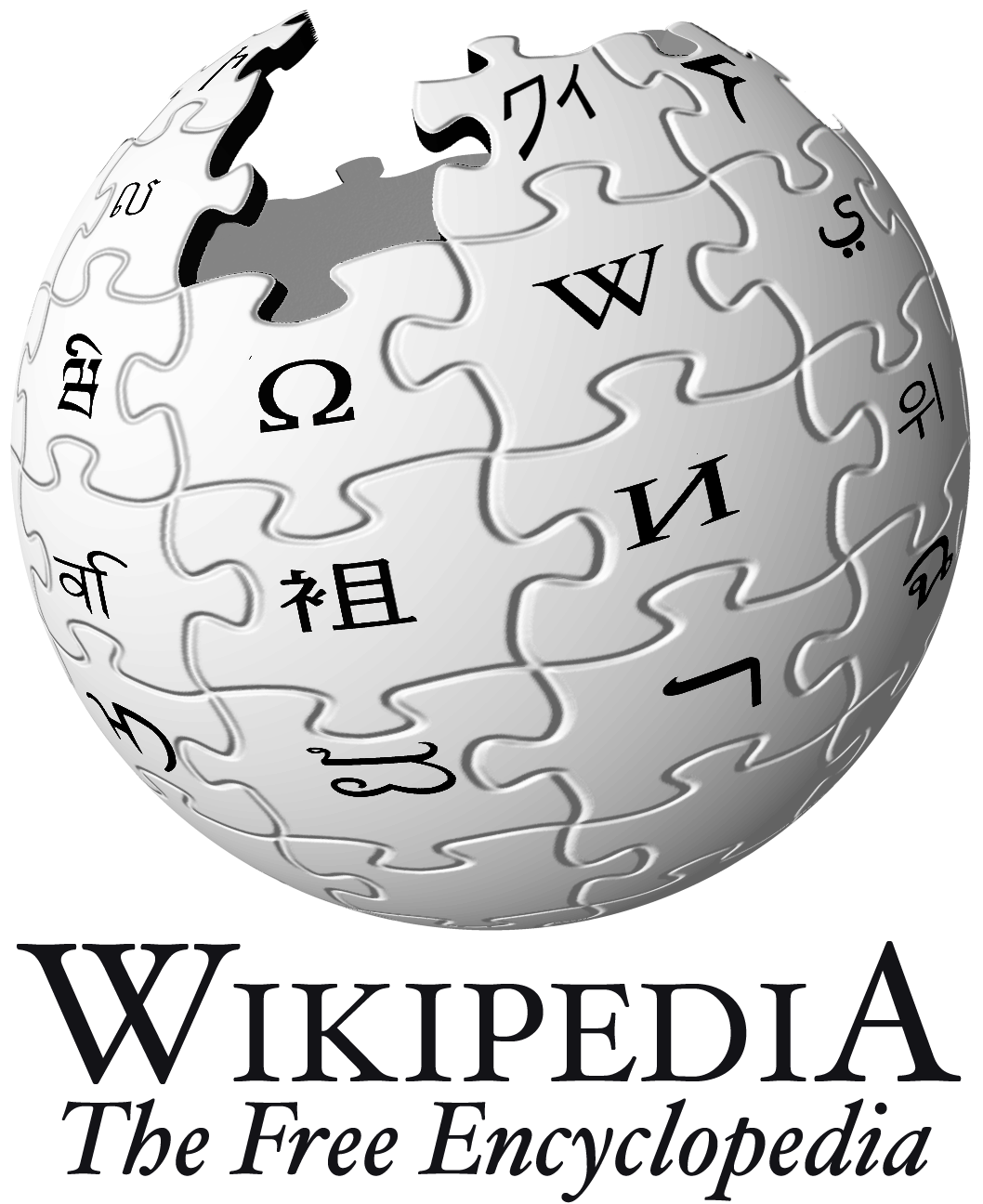Have you ever wondered how information about powerful government agencies, like the Federal Bureau of Investigation (FBI), finds its way onto a platform anyone can edit? It's a rather fascinating question, especially when we think about how we get our daily dose of facts. We rely on sources that seem to have things pretty well sorted, and Wikipedia, in a way, has become one of those go-to places for so many people seeking quick answers or a broad overview of a topic. So, thinking about "wiki fbi" really means considering how a vast, collaborative knowledge project interacts with a significant, often sensitive, national institution.
The journey of information, particularly about an entity like the FBI, onto a public, community-driven site is quite a story in itself. It highlights the unique nature of what a wiki truly is, and how it works to gather and present details from countless contributors. You see, the very idea behind Wikipedia, as my text points out, is that it's a multi-language, free-content, collaborative project where anyone can jump in and help build a complete, accurate, and neutral encyclopedia. It's an open invitation, so to speak, to join in making all knowledge available, which is a pretty big goal, isn't it?
This collaborative spirit, where people work together to create and share knowledge freely, is what makes Wikipedia such a distinct place for finding out about things, even something as complex as the FBI. It's about bringing together lots of different perspectives and pieces of information, then trying to make sense of it all in one spot. So, when you look up "FBI" on Wikipedia, you're not just seeing an official statement, but rather a compiled picture built up by a global community. It's a bit like a big, ongoing conversation, and it’s almost always changing, you know?
Table of Contents
- The Collaborative World of Wikipedia and the FBI
- The FBI's Information on Wikipedia
- Ensuring Accuracy and Neutrality
- Why "Wiki FBI" Matters to You
- Frequently Asked Questions About Wiki FBI
The Collaborative World of Wikipedia and the FBI
When we talk about "wiki fbi," we're really looking at how an open, community-driven platform like Wikipedia handles information about a powerful, often secretive, organization. It's a fascinating intersection, actually, of public knowledge and national security. The way information flows and gets shaped on a wiki is quite different from a traditional encyclopedia, and that difference becomes really apparent when the subject is something like the FBI, which has a significant impact on people's lives and public discourse. This whole system, in a way, relies on a lot of trust and a shared goal of getting things right.
What is a Wiki, Anyway?
So, what exactly is a wiki? Well, my text describes it pretty clearly: it's a type of website that lets anyone create and change its pages. It's a very simple concept, but it has some powerful implications for how we gather and share information. Think of it like a giant, ever-growing notebook that lots of people can write in and correct. This open nature is what makes it so useful for quickly building up content on a wide range of topics, from historical events to current affairs, and even detailed explanations of complex organizations. It's really quite a neat tool for sharing what people know, you know?
The beauty of a wiki, as my text mentions, is that it makes creating links between different pages very easy. This helps to connect related ideas and topics, building a web of knowledge. It's not just a collection of isolated pages; it's a system designed to show how different pieces of information fit together. This linking feature is pretty important because it helps users explore subjects more deeply, guiding them from one related topic to another. In a way, it makes learning a bit more like an adventure, and it’s almost always providing new connections.
Wikipedia's Vision: Free and Neutral Knowledge
Wikipedia, the most famous wiki, started on January 9, 2001, by Jimmy Wales and Larry Sanger. Their big idea was to build a complete, accurate, and neutral encyclopedia, which is a rather ambitious aim for something anyone can edit. The Wikimedia movement, which grew from this, is a global community of people, projects, and activities all working together to create and share knowledge freely. It’s about making all knowledge available to everyone, which is a pretty incredible vision when you stop to think about it, isn't it?
This commitment to neutrality means that Wikipedia tries to present information without bias, showing different viewpoints fairly, as long as they are supported by reliable sources. It's not about pushing a particular agenda, but rather about reflecting what the world knows about a topic in a balanced way. This is a very challenging task, especially for topics that can be controversial or have strong opinions attached to them. But, they really do try to stick to this principle, which, in some respects, is what gives it its credibility.
The FBI's Information on Wikipedia
When you search for "wiki fbi," you're essentially looking at the Wikipedia page dedicated to the Federal Bureau of Investigation. This page, like all others on Wikipedia, is a living document, constantly being updated and refined by a community of editors. It includes details about the FBI's history, its structure, its various divisions, notable cases, and even its controversies. It's a comprehensive overview, put together by many hands, and it’s always evolving, which is pretty typical for such a dynamic subject.
The information found on the FBI's Wikipedia page comes from a vast array of sources, not just official FBI publications. Editors pull facts from news reports, academic papers, books, government documents, and more. This broad approach to sourcing is part of Wikipedia's method for building a balanced and well-rounded article. It’s a way of making sure that the information presented isn't just one perspective, but rather a collection of widely accepted facts and documented events. So, it's not just one person's opinion, you know?
How Information About the FBI Appears
Information about the FBI finds its way onto Wikipedia through various channels. Often, it starts with an editor who is interested in the topic and begins to gather details from published sources. This might include historical facts about its founding, key figures who have led the organization, or significant events in which the FBI played a role. These initial contributions form the backbone of the article, and then others build upon them. It's a bit like laying down the first bricks of a building, and then inviting everyone else to help construct the rest of the structure. It’s a pretty organic process, actually.
New developments, like changes in leadership, major investigations, or new policies, are regularly added as they happen and are reported by reliable news outlets. This keeps the page current and relevant. Editors watch for these updates and incorporate them, always making sure to cite where the information came from. This constant refreshing of the content means that the "wiki fbi" page aims to be a timely resource, reflecting the most recent public knowledge about the agency. So, you can often find very up-to-date information there, which is helpful, too.
Sometimes, information might come from academic research or declassified documents that shed new light on past events involving the FBI. These deeper dives can add layers of detail and context that might not be found in everyday news reports. The collaborative nature means that different editors might specialize in different aspects of the FBI's history or operations, bringing their particular knowledge to the page. This collective effort really helps to make the article thorough and detailed, and it’s almost always getting more complete.
Community Editing and Verification
The process of editing on Wikipedia is quite open, but it's not a free-for-all. When someone makes a change to the "wiki fbi" page, or any page for that matter, it's often reviewed by other editors. This community oversight is a crucial part of how Wikipedia maintains its quality. Editors discuss proposed changes, challenge information that seems incorrect or biased, and work together to improve the article. There's a dedicated "talk page" for every article where these discussions happen, which is where a lot of the real work gets done, as a matter of fact.
Verification is key. Every piece of information added to a Wikipedia article is supposed to be supported by a reliable source. If a claim is made, editors will ask for a citation to a published book, newspaper article, academic journal, or official report. If a source isn't provided, or if it's not considered reliable, the information can be removed. This focus on verifiable facts helps to ensure that the content is based on established knowledge, rather than personal opinions or rumors. It's a pretty strict rule, and it helps keep things accurate, you know?
There are also experienced editors, sometimes called administrators, who have additional tools to help manage content and resolve disputes. They might step in if there's a disagreement about what information should be included or how it should be phrased. This layered system of community review and oversight is what helps Wikipedia, including the "wiki fbi" page, to be a reliable, if imperfect, source of general information. It’s a rather complex system, but it seems to work for the most part, doesn't it?
Ensuring Accuracy and Neutrality
The core goals of Wikipedia, as my text highlights, are to be complete, accurate, and neutral. Achieving this, especially for a topic like the FBI, requires constant effort and adherence to specific guidelines. It’s a continuous balancing act, really, trying to present all relevant information fairly without leaning too heavily on one side or another. The community works hard on this, and it’s pretty impressive how much effort goes into it.
The Role of Sources and Citations
Citations are the backbone of Wikipedia's accuracy. For the "wiki fbi" page, every significant claim, statistic, or piece of historical information needs to be backed up by a published source. This means that if you read something about the FBI on Wikipedia, you should be able to click on a little number and see where that information came from. This transparency is a big part of how Wikipedia builds trust with its readers. It lets you check the facts for yourself, which is something people really appreciate, you know?
Editors are trained to look for high-quality, reliable sources. This usually means reputable news organizations, academic publications, official government reports, and well-regarded books. Personal blogs, social media posts, or unverified websites are generally not considered reliable sources. This strict approach to sourcing helps to filter out misinformation and ensure that the content reflects widely accepted facts. It’s a pretty important rule, actually, for keeping the information solid.
If a piece of information lacks a source, or if the source isn't good enough, editors will often tag it, asking for a citation, or remove it entirely. This active policing of sources is what helps to maintain the integrity of the information on the "wiki fbi" page. It’s a constant process of review and improvement, and it’s almost always happening behind the scenes, you might say.
Challenges and Safeguards
Even with strict rules, maintaining perfect accuracy and neutrality on a topic like the FBI can be quite challenging. There can be disagreements among editors about how to interpret sources, what information is most important, or how to phrase sensitive topics. These discussions often happen on the article's talk page, where editors try to reach a consensus. It’s a very collaborative problem-solving process, actually, and it can take some time.
Sometimes, there are attempts to introduce biased information or even vandalism. However, Wikipedia has a robust system of safeguards in place. Automated tools can detect suspicious edits, and a large community of volunteers keeps a close watch on changes to popular or sensitive pages. If a page, like "wiki fbi," experiences a lot of problematic editing, it can be temporarily "protected," meaning only experienced editors can make changes. This helps to prevent widespread disruption and maintain stability. It’s a bit like having a security team for the information itself, which is pretty clever, really.
The community also has policies like "neutral point of view" (NPOV) and "verifiability" that guide all editing. Editors are expected to follow these guidelines, and repeated violations can lead to editing restrictions. This framework, combined with the active participation of thousands of volunteers, helps to ensure that the information about the FBI, while open to public contribution, remains as accurate and neutral as possible. It’s a very unique approach to building knowledge, isn't it?
Why "Wiki FBI" Matters to You
Understanding how information about institutions like the FBI is presented on Wikipedia isn't just an academic exercise; it actually has practical implications for everyone. In an age where information is everywhere, knowing how a collaborative platform like Wikipedia works helps us become more informed consumers of news and facts. It’s about being smart about where you get your information, you know?
Understanding Public Information
The "wiki fbi" page is a prime example of how public information is gathered, debated, and presented in a collective way. It shows that even for powerful government agencies, the narrative isn't solely controlled by official statements. Instead, it's a dynamic reflection of what is publicly known and documented, curated by a global community. This offers a different kind of transparency, one that comes from collective effort rather than top-down decree. It’s a very interesting shift, actually, in how we think about knowledge.
By seeing how Wikipedia operates, you can gain a better appreciation for the complexities of information creation and verification. It highlights the importance of reliable sources and the ongoing effort required to maintain accuracy in a world full of data. It encourages a healthy skepticism and prompts you to ask questions about where information comes from, which is a very good habit to develop. So, it's not just about what you read, but also how you read it, in some respects.
Your Role in the Knowledge Ecosystem
Wikipedia, at its heart, is a project that invites participation. My text clearly states that "中文维基百科的成长依靠您的参与," meaning its growth relies on your involvement, whether it's creating new articles or editing existing ones. This applies to all languages and all topics, including "wiki fbi." While you might not be an expert on the FBI, your ability to spot a missing citation, correct a small error, or even just ask a question on a talk page can contribute to the overall quality of the information. It’s a bit like everyone chipping in to make something great, you know?
Even if you don't directly edit, simply being aware of how Wikipedia works makes you a more discerning reader. You'll understand that the information is a product of collaboration and ongoing refinement, not a static, unchangeable text. This perspective helps you to critically evaluate what you read, not just on Wikipedia, but across the internet. It empowers you to be an active participant in the information landscape, rather than just a passive recipient. So, your role is pretty important, actually, in this whole big picture.
Frequently Asked Questions About Wiki FBI
Here are some common questions people often have about the FBI's presence on Wikipedia:
Is the FBI Wikipedia page accurate?
The FBI Wikipedia page, like all articles on the platform, aims for accuracy and is built upon verifiable information from reliable sources. While the community of editors works hard to keep it up-to-date and factual, it's always a good idea to check the cited sources for yourself, especially for very sensitive or important details. It's a living document, so it's always being refined, you know?
Who maintains the FBI page on Wikipedia?
The FBI page on Wikipedia is maintained by a global community of volunteer editors. There isn't one single person or official entity in charge of it. Instead, many different people contribute, review, and discuss the content, all working to ensure it meets Wikipedia's standards for neutrality and verifiability. It's a pretty collaborative effort, actually, with lots of people involved.
Can anyone edit information about the FBI on Wikipedia?
Generally, yes, anyone can edit most pages on Wikipedia, including the one about the FBI. However, popular or sensitive pages might have various levels of protection, meaning only experienced or registered editors can make changes. All edits are subject to review by the community, and information needs to be backed up by reliable sources to stay on the page. So, while it's open, there are still rules, you know?
Understanding how platforms like Wikipedia operate, especially when covering significant entities like the FBI, gives us a better grasp of our shared information landscape. It's a constant process of building, refining, and verifying knowledge, and it’s almost always happening. We encourage you to explore the principles behind this collective effort. Learn more about collaborative knowledge on our site, and check out this page about how information is verified.



